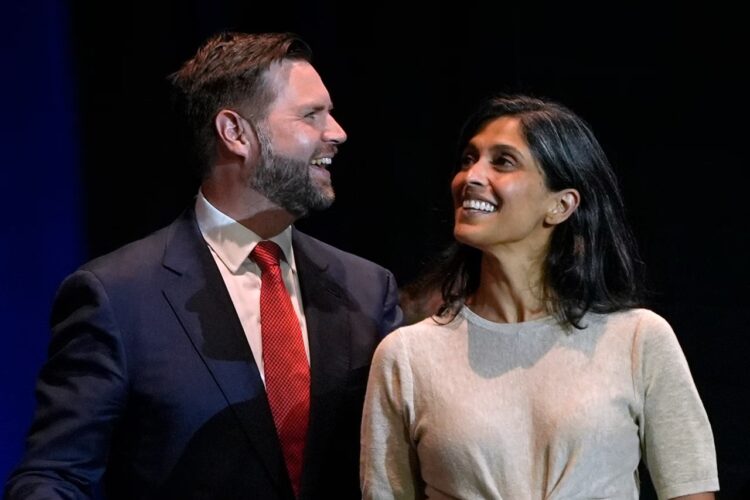JD Vance's Comments on His Wife's Religion Spark Widespread Controversy in American and Indian Circles
November 1, 2025687 ViewsRead Time: 2 minutes

Font Size
16
U.S. Vice President JD Vance sparked a wave of criticism after he publicly expressed his hope that his wife, Usha Vance, of Indian descent, would embrace Christianity instead of the Hinduism she was raised in.
The comments came during his participation in a student event at the University of Mississippi, where he said: "I hope my wife is influenced by what the church has stirred in me, because I believe in the gospel and I hope she sees it the same way."
This statement provoked widespread discontent among members of the Indian community and Indian American Hindus, who considered Vance's words to be a belittlement of his wife's religion and an implicit assault on freedom of belief.
Suhag Shukla, the executive director of the Hindu American Foundation, commented that Vance's words are understood as implying that "Hinduism is insufficient," which is unacceptable especially from a high-ranking political figure.
Who is Usha Vance?
Usha was born in Southern California to an immigrant Indian family and grew up in a conservative Hindu environment. She met JD Vance while they were studying at Yale University and later helped him return to faith after a period of atheism.
Although their three children attend a Catholic school, Usha confirmed in a previous interview that the decision regarding baptism is up to them, and they are learning about Hindu traditions through books and family rituals.
Vance, who grew up in an evangelical environment and later converted to Catholicism, defended his statements on the platform "X," affirming that his wife is "the greatest blessing in his life" and that he hopes she will share his faith one day, but he will continue to love and support her regardless of her choice.
The comments came at a sensitive time, as many Americans of South Asian descent feel increasing concern about their status in American society, especially with the rise of hate speech against them, as noted in a recent report by the organization "Stop AAPI Hate".
